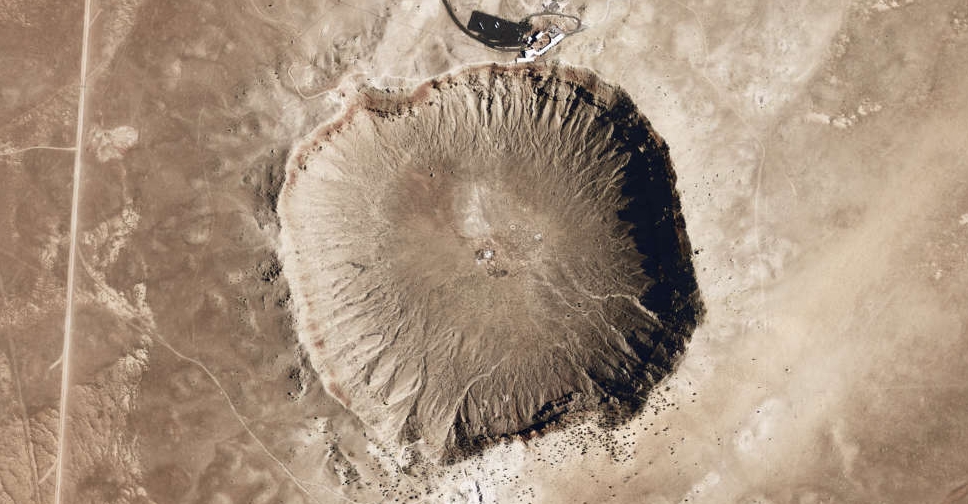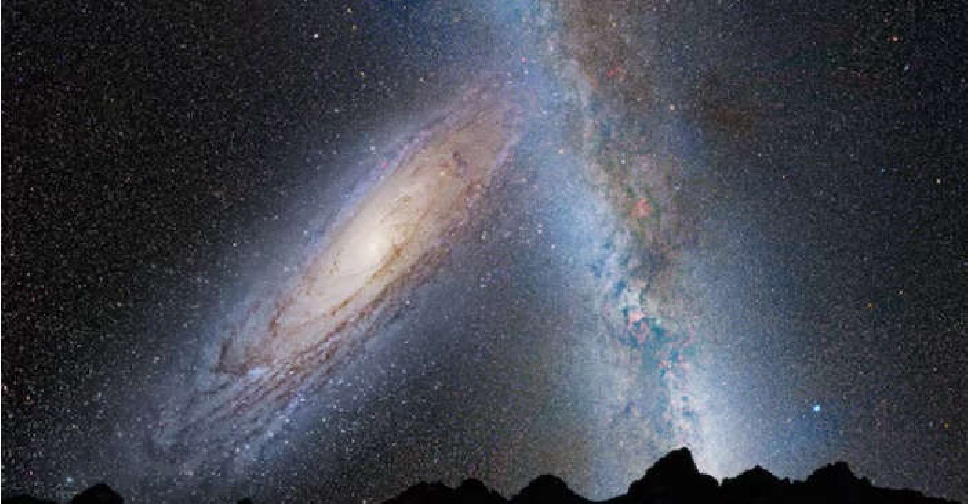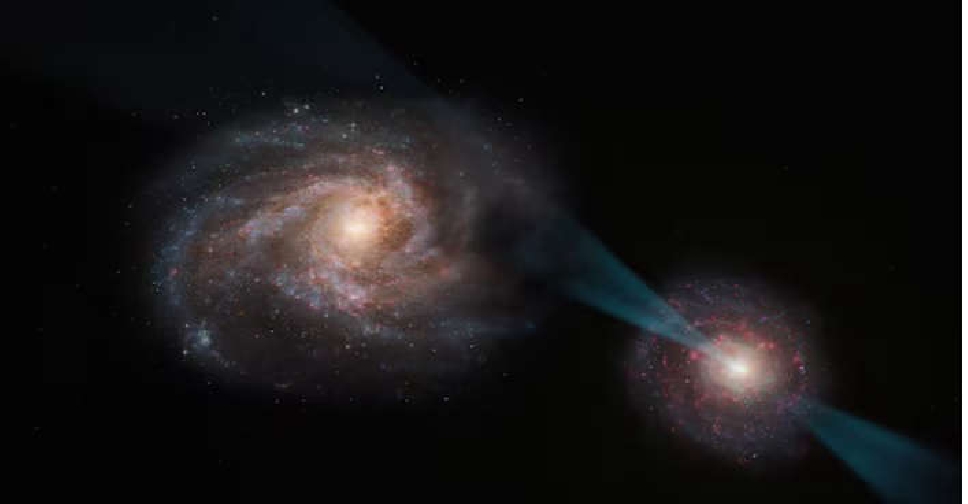
A recent post by the Canadian Space Agency on social media platform X of an image it claimed was the 108 million-year-old Tycho Crater in the Moon's southern hemisphere has gone viral but for all the wrong reasons.
The post said, "An impact crater is formed when an object like an asteroid or meteorite crashes into the surface of a larger solid object like a planet, or a moon! Here is Tycho Crater, in the Moon's southern hemisphere, believed to be about 108 million years old."
The post credited NASA for the image.
However, users on the platform quickly noticed human-made features near the crater, leading to humorous comments aimed at the Canadian Space Agency.
As people dug deeper into the post, it emerged that the image did not depict the Moon's Tycho Crater but showed the Barringer Meteor Crater in Arizona, US - a well-known tourist site. "Yeah, a bit of an Epic Fail with the image there, Canadian Space Agency… surprised the road to the left wasn't enough of a dead giveaway before you posted. Mistakes happen," responded a user to the X post.
"This isn't April Fools, or is it in Canada? You realise this is an Earth crater with human development," another user quipped.
Some took a more critical approach to the space agency's tweet: "This is what it looks like when kids that got participation trophies in school grow up to be rocket scientists. Arizona is now a moon crater." The post was subsequently flagged by X community notes, adding context: "The location shown is not Tycho Crater but Meteor Crater. It is not on the Moon's southern hemisphere, but on Earth, in Arizona, about an hour's drive away from Flagstaff. It is not thought to be 108 million years old, but a mere 50,000 years old. And it has a visitor center."
According to NASA, Tycho Crater, 85 km in diameter, is one of the most prominent craters on the Moon. It appears as a bright spot in the southern highlands with rays of bright material that stretch across much of the near side.
The space agency added the crater formed recently enough that its rays, material ejected during the impact event, remain visible as bright streaks.
In contrast, Barringer Crater on Earth is a well-preserved meteor impact crater, plunging 150 meters deep into the arid Colorado Plateau. With an age of 50,000 years, NASA has determined that Meteor Crater formed from the impact of a 46-meter-wide iron-nickel asteroid.




 Killer whales use seaweed as tools to groom each other
Killer whales use seaweed as tools to groom each other
 UK farm swaps milk for cow cuddles as floods and food prices take their toll
UK farm swaps milk for cow cuddles as floods and food prices take their toll
 Labubu human-sized figure sells for over $150,000 at Beijing auction
Labubu human-sized figure sells for over $150,000 at Beijing auction
 Study sees lower chances of Milky Way crashing into Andromeda galaxy
Study sees lower chances of Milky Way crashing into Andromeda galaxy
 Two galaxies seen in a 'joust' preceding a cosmic mega-merger
Two galaxies seen in a 'joust' preceding a cosmic mega-merger


